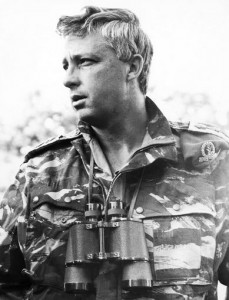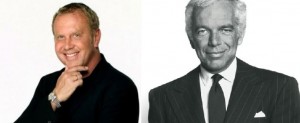Ariel “Arik” Scheinermann (1928-2014) was born on a moshav in Israel during the British Mandate, to Belorussian parents that immigrated there in 1922. He joined a youth battalion when he was just 14, and soon made a name for himself in the War of Independence, commanding a platoon that fended off the Iraqi invasion. His unit was often sent into the toughest conditions (in a single battle, they once lost 139 soldiers). Scheinermann himself was shot twice in the abdomen and once in the foot. Now a war hero, Prime Minister Ben-Gurion renamed him ‘Sharon’. After serving as an intelligence officer and studying in university, he was ordered back to the military to command 50 of Israel’s greatest soldiers in the new special forces Unit 101. In the 1956 war, he commanded a paratroopers brigade. In ’67, he was put in charge of the largest force in Sinai. He broke orders to come up with his own battle strategies, a major reason for Israel’s six-day victory. Later, his tactics were investigated by the US Army and credited with being unique military innovations. In August of 1973, Sharon finally retired to his farm. Unfortunately, just a few months later, the Arabs launched a surprise invasion of Israel on Yom Kippur. Unprepared, the State appeared to be doomed when Sharon was summoned out of retirement. When asked by his reserve commander, “How are we going to get out of this?” Sharon replied (like a boss): “You don’t know? We will cross the Suez Canal and the war will end over there.” Sharon drove to the war front in his own civilian car (!) and again broke his orders and did things his own way. His maneuvers were credited with turning the tide of the war and ending it in Israel’s favour. He became a national hero, and this led him to easily win a Knesset seat the following year. He would go on to serve as minister of defense, industry, housing, energy, foreign affairs, and finally, prime minister of Israel, while establishing and leading two political parties: Likud and Kadima. His most controversial act would be the pull-out from the Gaza Strip. Shortly after, he fell into a coma that lasted for 8 years, capping a difficult life that included the loss of a son and two wives. Sharon passed away last Saturday, on a special Jewish calendar date known as “Shabbat Shira”, the Sabbath of Song.
Tu B’Shvat Begins Tonight!
Words of the Week
A single action is better than a thousand groans.
– Rabbi Sholom Dov Ber of Lubavitch (1860-1920)




